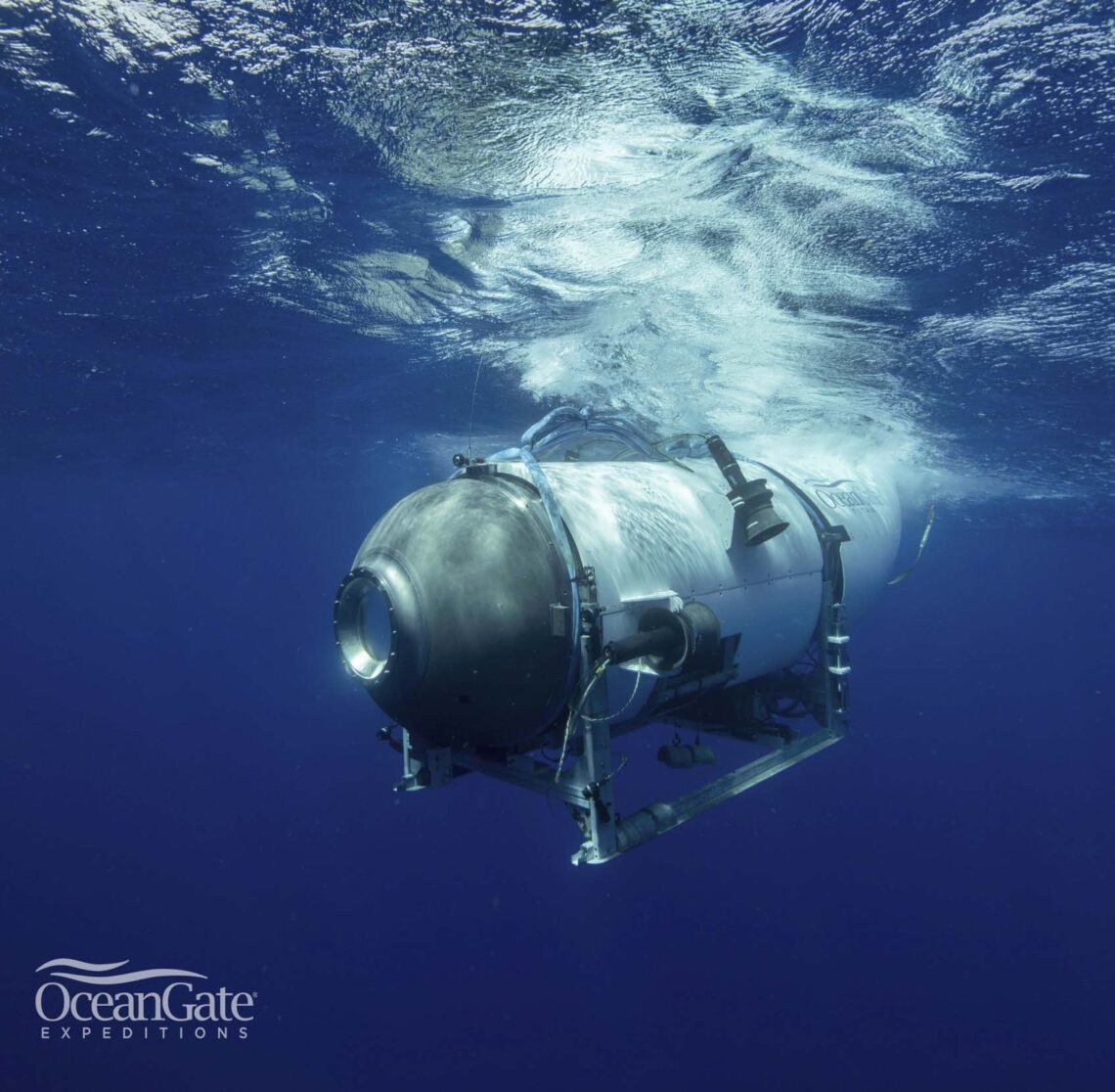Brendan Curry is a space policy consultant with 25 years of experience in Washington operations for the Planetary Society, Space Foundation and former Florida congressman Dave Weldon.
With the loss of the submersible Titan and her five passengers garnering round-the-clock media attention since it went missing June 18, those working in the emergent private space travel industry should pay close attention.
The final assessment and adjudication of this mishap in regulatory and legal spheres will clearly impact the direction of how private space calamities will be handled.
While the Titan, privately owned and operated by OceanGate Expeditions, was designed for exploring the deep ocean, there are similarities to crewed spacecraft. OceanGate offers once-in-a-lifetime opportunities similar to a growing number of private spaceflight experiences available to paying passengers. The Everett, Washington-based company’s board of directors includes former NASA astronaut Scott Parazynski, who join OceanGate’s inaugural expedition to the wreckage of the RMS Titanic in 2021.
For those new to this issue, travel into space by fee-paying private citizens first occurred in 2001 when wealthy American entrepreneur Dennis Tito paid some $20 million to fly to the International Space Station on a Russian Soyuz spacecraft. Much more recently, companies like Axiom Space, Virgin Galactic and Blue Origin have been making space jaunts with paying passengers onboard. While some of the few dozen individuals to earn commercial astronaut wings since 2021 have been contest winners or employees of the companies carrying out these missions, the paying passengers have been extremely well-off individuals.
That’s exactly the customer demographic OceanGate targeted with their excursions to visit the wreckage site of the RMS Titanic. In fact, one of the passengers aboard Titan, Hamish Harding, flew to suborbital space last year on Blue Origin’s fifth crewed New…
Read the full article here

